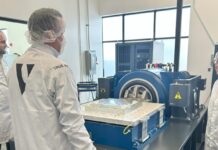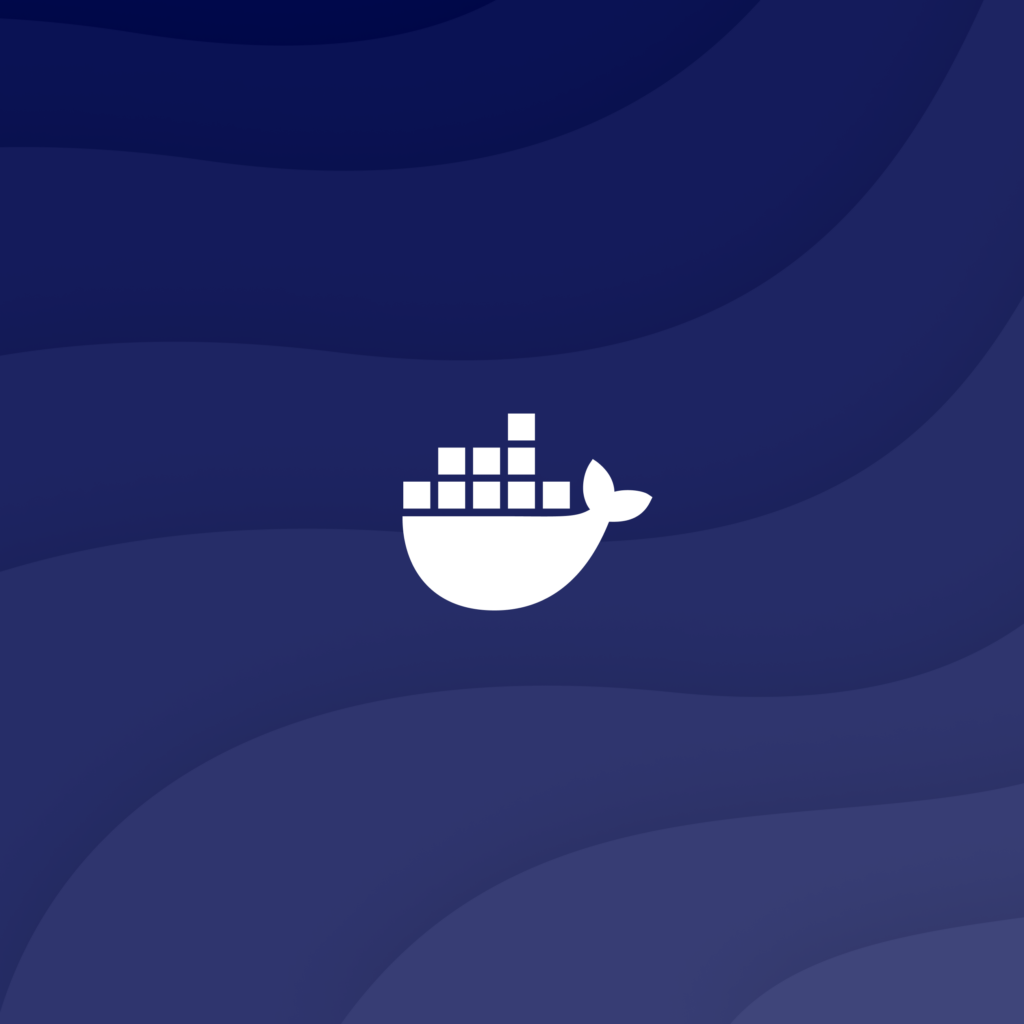Understanding the Role of DevOps in Modern Software Development
In the rapidly evolving landscape of software development, DevOps has emerged as a pivotal framework that bridges the gap between development and operations teams. By fostering effective communication, collaboration, and innovation, DevOps streamlines the software development lifecycle, enhancing speed, security, and agility. According to a comprehensive survey conducted by the Continuous Delivery Foundation (CDF) in April 2024, a staggering 83% of 10,000 developers worldwide reported implementing DevOps principles in their workflow, underscoring its growing adoption and significance.
The Essence of DevOps and Its Transformative Impact
DevOps encompasses a broad range of practices, from continuous integration and continuous deployment (CI/CD) to automation capabilities that span various development processes. The primary goal of DevOps is to create superior software applications, ensuring seamless transitions from code conception to end-user experience. Historically, software development involved isolated silos, which often hindered collaboration, efficiency, and quality. The advent of DevOps introduced a unified framework that revolutionized these traditional practices.
One of the core advantages of DevOps is its emphasis on integrating user feedback throughout the development cycle. This approach not only minimizes security risks but also enhances operational efficiency by addressing application features and code vulnerabilities promptly. This blog post delves into the critical aspect of DevOps automation, exploring how it accelerates and simplifies application development processes, driving substantial benefits for organizations.
The Growing Role of Docker in DevOps
As DevOps continues to gain traction, developers increasingly recognize Docker’s containerization platform as an integral component of DevOps practices. Docker’s built-in automation features and capabilities align seamlessly with DevOps principles, offering a robust foundation for implementing automation across development lifecycles.
Understanding DevOps Automation
DevOps automation is a game-changer for development and operations teams, automating labor-intensive and repetitive tasks. This automation liberates developers to focus on innovative coding and business value creation. By eliminating frequent manual interventions, DevOps automation significantly boosts productivity and operational efficiency.
Automatable DevOps Processes
DevOps automation is versatile, covering a wide array of tasks within the application development environment. Key areas include CI/CD pipelines, code writing, monitoring, logging, and Infrastructure as Code (IaC) tools. Additionally, DevOps automation enhances configuration management, infrastructure provisioning, unit tests, code testing, security scans, troubleshooting, code reviews, deployment, and project management. By minimizing manual intervention, developers can produce cleaner, more secure code, reducing the scope for human error compared to traditional methods.
Benefits of DevOps Automation Tools
The advantages of integrating DevOps automation extend beyond reducing human error and increasing efficiency. Key benefits include:
- Consistency and Reliability: Automation ensures predictable and repeatable results, enhancing the reliability of software applications and processes.
- Scalability and Manageability: Automation facilitates the seamless management of multiple applications and processes, allowing for easy scaling as needed.
- Enhanced Collaboration: Automation streamlines collaboration among developers, automatically resolving merge conflicts and conducting concurrent code testing.
- Efficient Troubleshooting: Automated troubleshooting alerts systems personnel to issues as they arise, expediting project development timelines.
Leveraging Docker for DevOps Automation
Docker offers a flexible toolkit for DevOps automation, available in four subscription tiers, ranging from Docker Personal to the premium Docker Business tier. Docker Business provides a comprehensive suite of tools designed to identify development bottlenecks and automate repetitive tasks. Key features of Docker Business include:
Docker Image Access Management
Docker Image Access Management empowers administrators to control the types of container images developers can use. This feature ensures developers have access to trusted Docker Official Images, Docker Verified Publisher Images, and community images from Docker Hub. By providing some guardrails, organizations can prevent the inadvertent use of untrusted or malicious images.
Docker Automated Testing
Docker’s automated testing capabilities allow for seamless testing of source code repositories via Docker Hub. This feature enables continuous integration testing through automated test files, set up using a docker-compose.test.yml file. These files facilitate automated testing of pull requests, ensuring code integrity and stability.
Hardened Docker Desktop
For enhanced security, Docker Business offers Hardened Docker Desktop. This feature allows administrators to enforce strict security protocols, preventing developers and containers from bypassing controls. By strengthening container isolation, Hardened Docker Desktop mitigates potential security threats, safeguarding the development environment.
Automated Builds
Docker’s Automated Builds feature streamlines image creation from source code in external repositories, automatically pushing the built images to Docker repositories. This capability, available in Docker Business, Pro, and Teams tiers, simplifies image management and enhances productivity.
Enhanced Collaboration Tools
Docker’s unified suite offers a range of collaboration tools, including Docker Desktop, Docker Engine, Docker CLI, Docker Compose, and more. These tools facilitate seamless collaboration, accelerating productivity, reducing code errors, increasing security, and fostering innovation throughout the software development process.
Seamless Scaling and Orchestration with Kubernetes Integration
Docker’s containerization platform integrates effectively with Kubernetes, optimizing container development, deployment, and management. Docker and Kubernetes collaborate to provide a secure foundation for Kubernetes functionality, simplifying container configurations. Docker Desktop facilitates Kubernetes setup with a single click, exemplifying its automation prowess.
Support and Troubleshooting
As Docker continues to evolve, its knowledge base expands, offering comprehensive documentation and resources for developers within the Docker ecosystem. Developers can leverage collaborative approaches to find solutions and learn from peers, enhancing problem-solving capabilities.
Additional Resources: Docker Scout and Docker Build Cloud
Docker offers additional tools to enhance automation and collaboration. Docker Scout aids organizations in securing their software supply chain by analyzing container images and compiling a Software Bill of Materials (SBOM). Docker Build Cloud accelerates container image builds using cloud infrastructure, providing faster build speeds and shared build caches.
Future Trends in DevOps Automation
The future of DevOps automation is promising, with advancements in AI, machine learning, serverless architectures, and cloud-native platforms. Docker’s collaborations with NVIDIA exemplify the potential of integrating AI and ML into DevOps processes, enhancing agility, process improvements, and labor savings.
Conclusion
Embracing DevOps automation through Docker’s containerization platform is a strategic move that empowers developers and operations teams to deliver exceptional results efficiently and creatively. Docker Business stands at the forefront of enhancing DevOps automation, assisting organizations worldwide in automating their DevOps operations effectively.
For those ready to embark on this transformative journey, Docker Business offers a wealth of resources and expert support to guide your development processes toward success.
For more Information, Refer to this article.


































